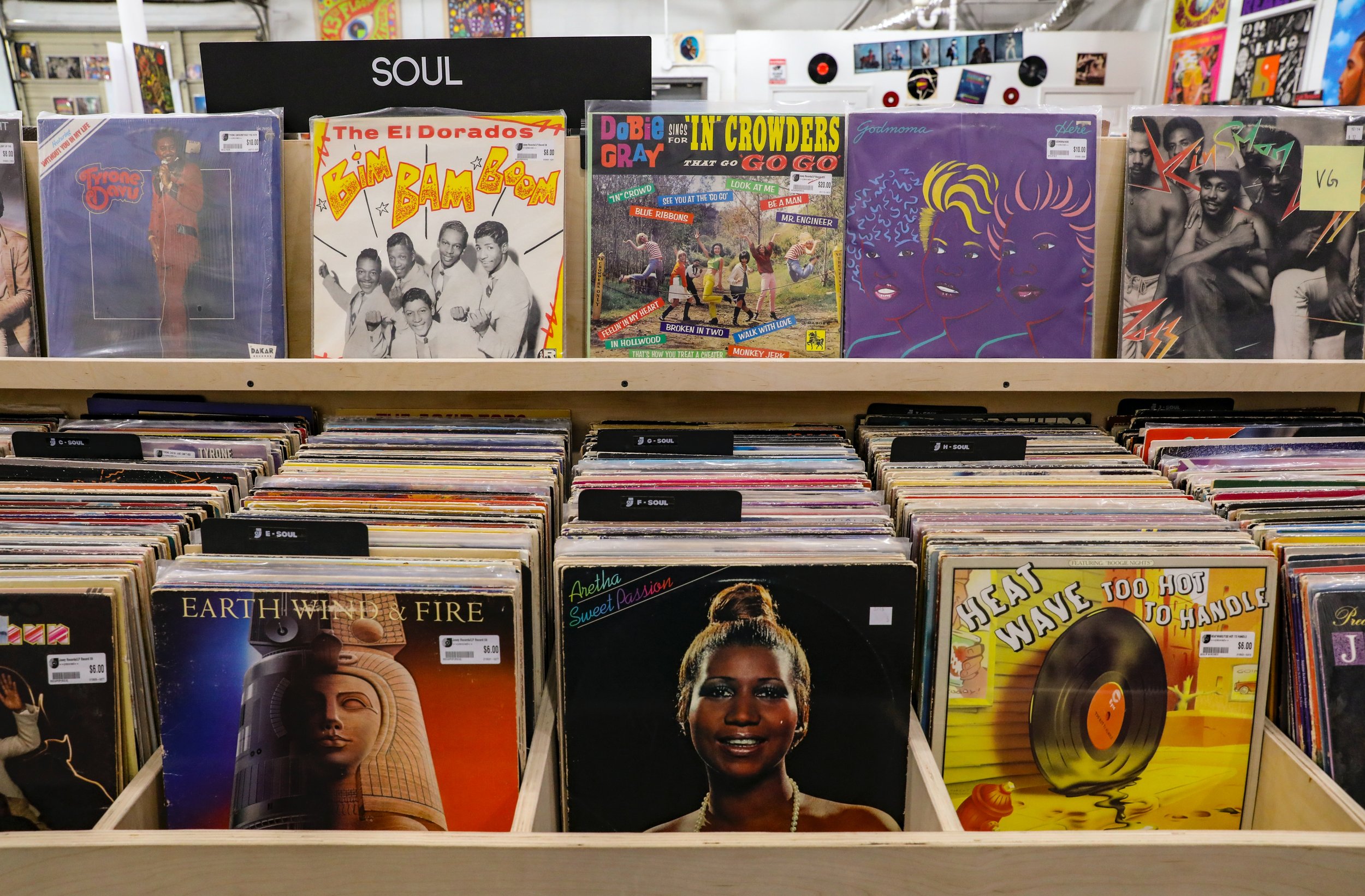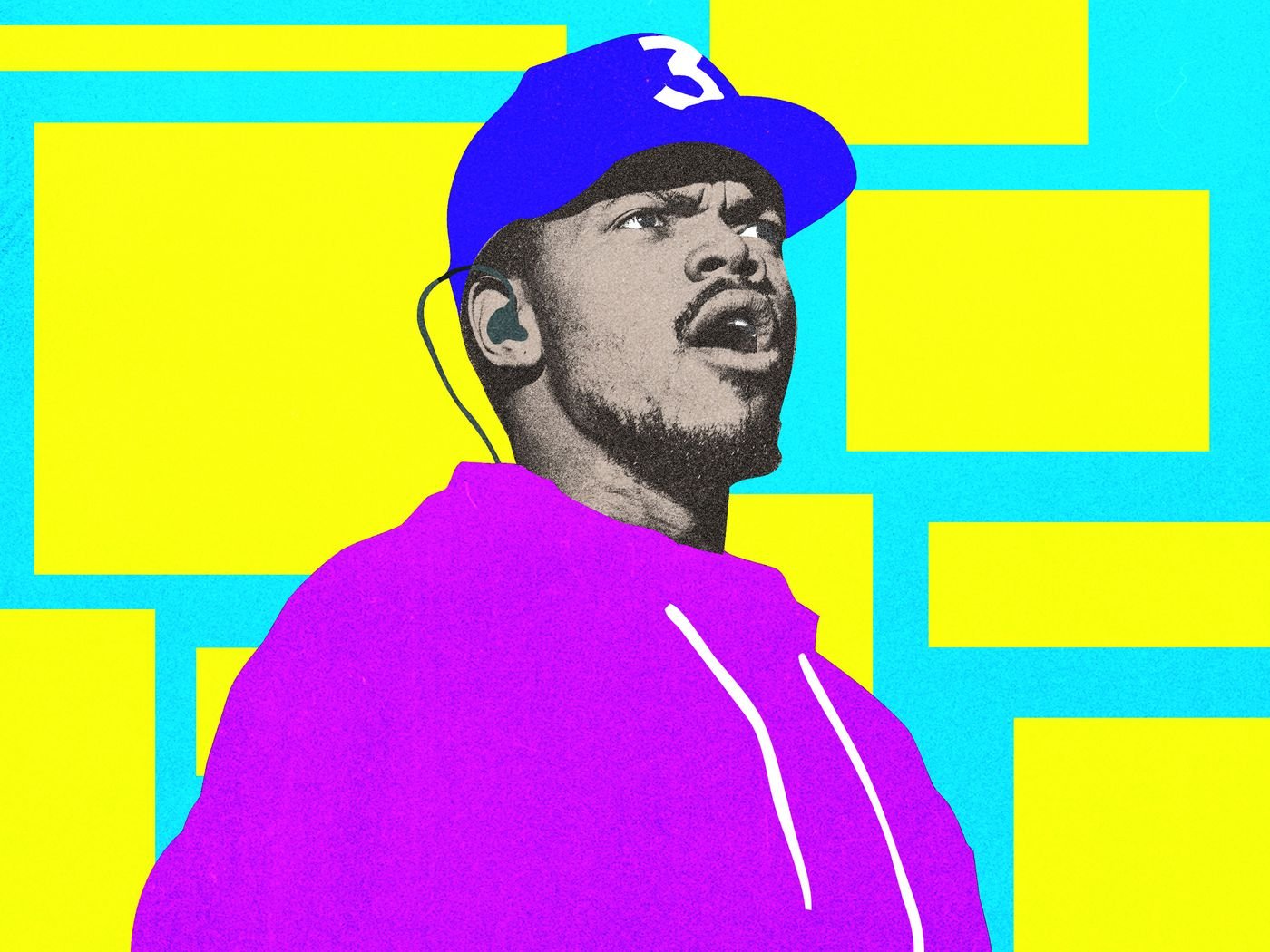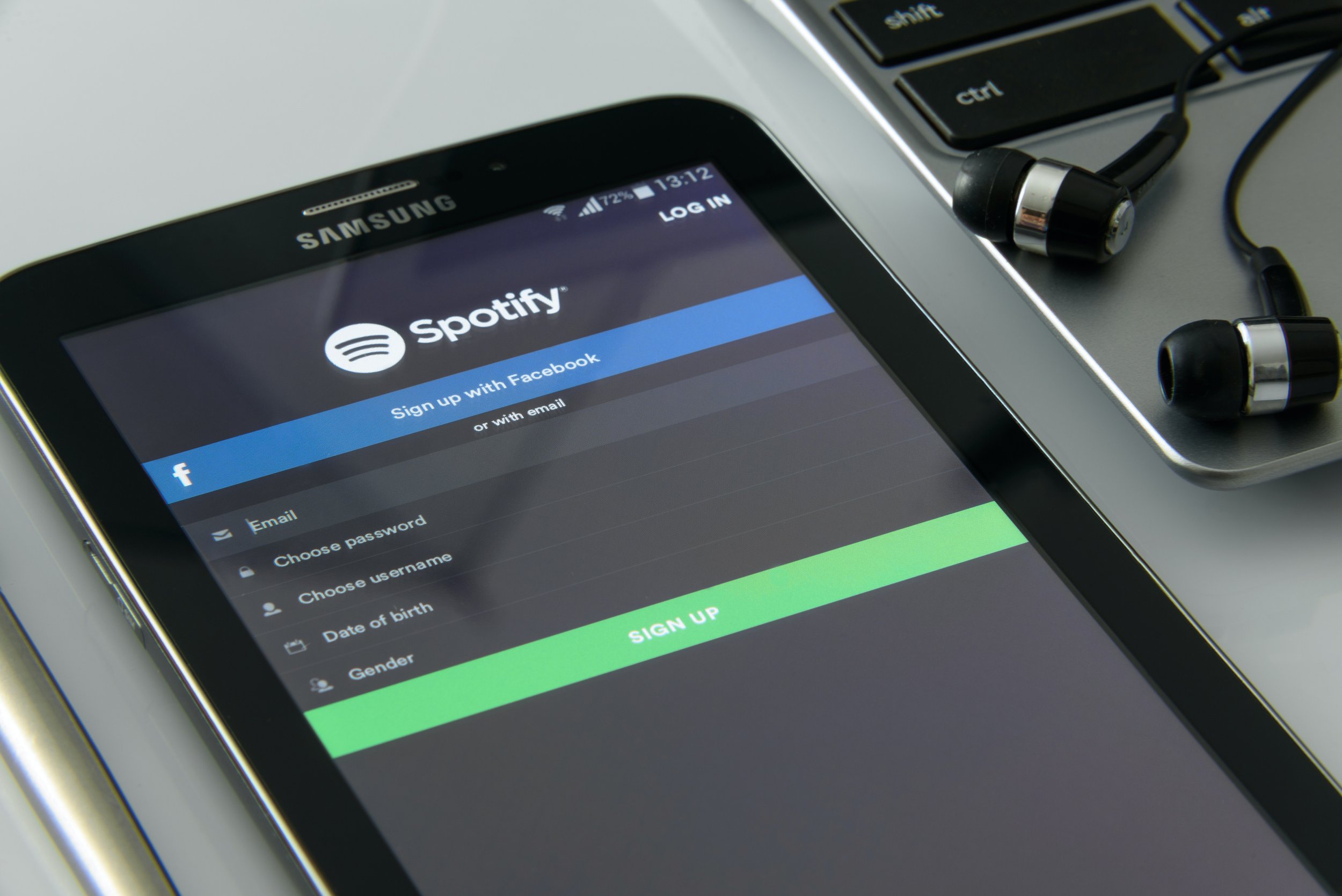Who Makes the Best Artists: Major Labels vs. Independence?
In today's music industry, artists face a critical decision when it comes to their career trajectory: should they sign with a major record label or choose the path of independence?

In today’s music industry, artists face a critical decision when it comes to their career trajectory: should they sign with a major record label or choose the path of independence? This age-old debate continues to spark conversations among musicians, industry insiders, and fans alike. We will explore the pros and cons of signing with a major label versus embracing independence. We’ll take a look at the success stories of independent artists, examine how artists leverage social media for promotion, and discuss how technology has empowered artists to connect directly with their fans.
Major Labels: The Pros and Cons

Signing with a major record label can provide artists with a range of resources and opportunities. Here are some key advantages:
Financial Backing: Major labels often have substantial budgets to invest in artist development, production, marketing, and promotion. This financial backing can facilitate access to top-notch producers, songwriters, and marketing campaigns.
Industry Connections: Major labels have extensive industry connections that can open doors for collaborations, features, and high-profile opportunities. They possess the clout to secure radio airplay, placement in mainstream media, and feature spots on major tours or festivals.
Global Reach: Major labels have established distribution networks that enable artists to reach a wider audience, both domestically and internationally. This expansive reach can significantly increase an artist’s visibility and potential fan base.
However, there are potential downsides to signing with a major label:
Loss of Creative Control: Artists may find themselves compromising their artistic vision as major labels often exert influence over the creative process. The pressure to conform to market trends and commercial expectations can stifle artistic expression.
Contractual Obligations: Major label contracts typically come with extensive terms, including exclusivity clauses, revenue-sharing arrangements, and control over the artist’s music rights. These contractual obligations can limit an artist’s autonomy and long-term financial gain.
High Competition: Major labels sign numerous artists, and not all receive the same level of support and investment. The highly competitive nature of the industry means that some artists may not receive adequate attention or resources, resulting in their talents being underutilized or overlooked.
The Rise of Independent Artists:
In recent years, an increasing number of artists have embraced independence, leveraging the power of social media and tech advancements to build their own track. Here are some advantages of being an independent artist:
Creative Freedom: Independent artists maintain full control over their artistic direction, from songwriting to production choices. They have the freedom to experiment with different genres and styles without external pressures.
Direct Fan Engagement: With the rise of social media platforms, artists can now connect directly with their fans, cultivating a loyal and dedicated audience. This direct interaction allows artists to build meaningful relationships, receive immediate feedback, and tailor their content to suit their audience’s preferences.
Ownership and Revenue: Independent artists retain ownership of their music rights, enabling them to have greater control over their revenue streams. They can explore alternative revenue sources such as merchandise, live performances, and partnerships, maximizing their earning potential.
Success Stories of Independent Artists:

Several independent artists have achieved remarkable success, proving that choosing independence can lead to extraordinary achievements. Artists like Chance the Rapper, Russ, and Nipsey Hussle gained substantial followings and critical acclaim without major label support. These artists leveraged their creative independence, strategic promotion, and grassroots fanbase to secure lucrative deals, Grammy recognition, and worldwide tours.
The Power of Technology and Social Media:

Advancements in technology and the advent of social media platforms have revolutionized the music industry. Artists now have the tools at their disposal to market themselves directly to their target audience, bypassing traditional gatekeepers. Platforms like YouTube, SoundCloud, and TikTok have catapulted artists to fame through viral moments and user-generated content. Artists can now release music independently, build their brands, and gain significant traction without relying solely on major label support.
The decision between signing with a major label or pursuing independence ultimately depends on an artist’s goals, creative vision, and personal preferences. In today’s music landscape, technology and social media have leveled the playing field, empowering artists to take charge of their careers. The success stories of independent artists demonstrate the potential for unprecedented achievements outside of the traditional major label system.
Ultimately, it is up to each artist to evaluate their priorities and determine the path that aligns best with their artistic vision and long-term aspirations.




